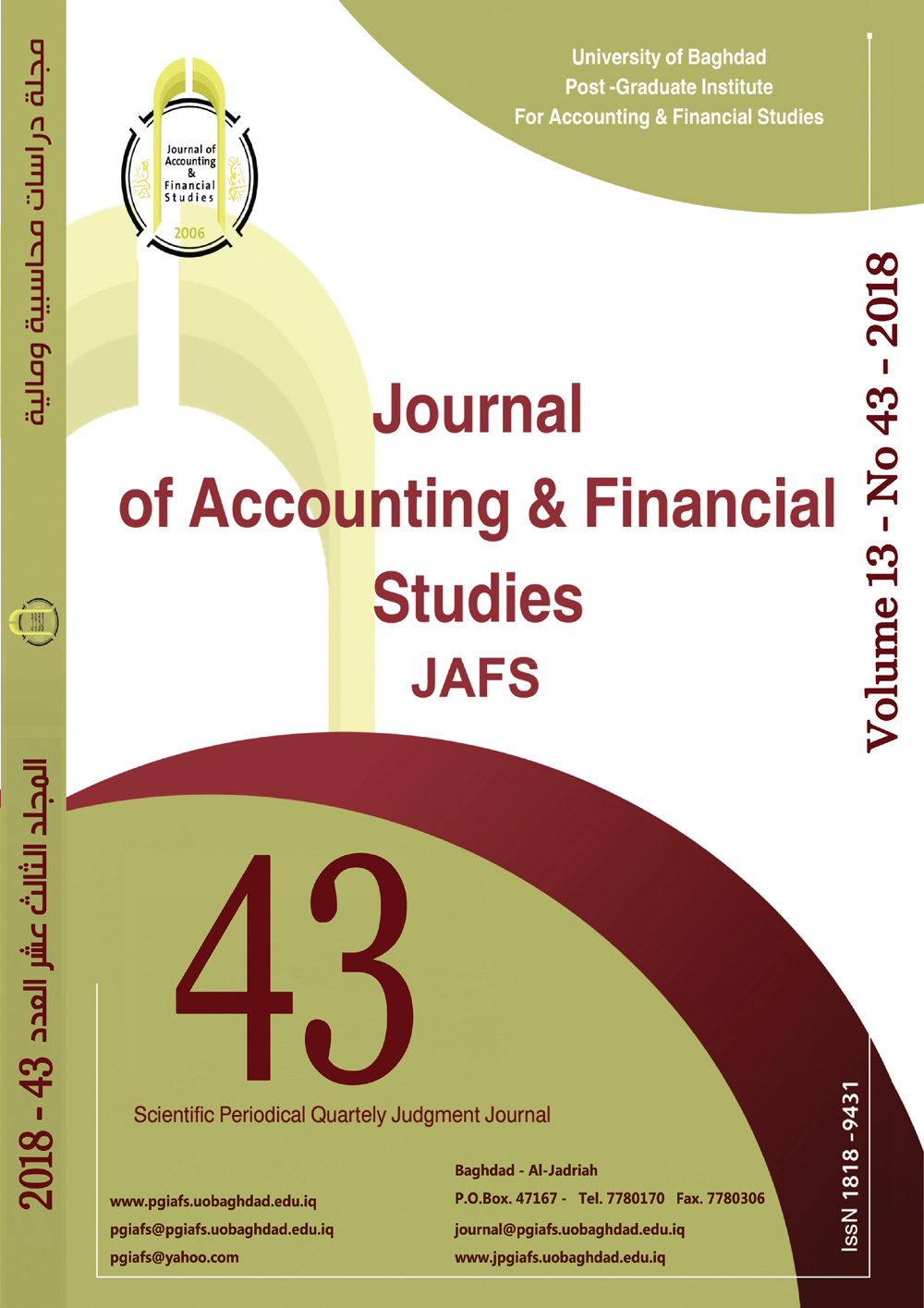The role of Islamic banks in facing the financial crisis in Iraq from 2012-2014
DOI:
https://doi.org/10.34093/jafs.v13i43.57Abstract
The purpose of the research is to identify the role of Islamic banks in facing the financial crisis in Iraq for the period 2012-2014, and highlight the various factors that contributed to the emergence of the financial crisis, as well as to identify the problems and challenges facing the Islamic banking business in Iraq and identify the reasons and find appropriate solutions, And the development of treatments to avoid the occurrence of such problems and overcome them. The main findings of the research are as follows,Islamic banks (the sample of the study) were affected by the global financial crisis indirectly, as the financial crisis turned into an economic crisis affecting the real economy, because the activity of Islamic banks is more related to the real economy than with the financial economy, In the light of the conclusions reached, the research resulted in a number of recommendations, the most important of which areThe need to establish a financial market for Islamic banks and financial institutions aimed at attracting surplus liquidity in Islamic banks in order to invest them in accordance with the provisions of Islamic law, as well as providing liquidity to banks in times of poor liquidity, and thus cannot resort to traditional money markets for Investment or even request funding that is not free from the risk of recourse to it.
Downloads
Published
Issue
Section
License
The copyright is transferred to the journal when the researcher is notified of the acceptance of his research submitted for publication in the journal.



